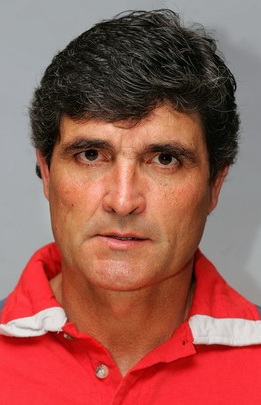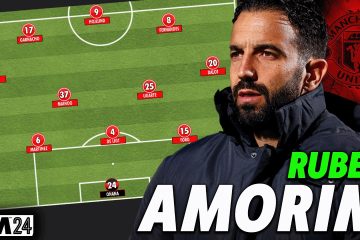The Legacy of Juande Ramos in Football Management

Introduction
Juande Ramos, a prominent name in football management, has left an indelible mark on the sport with his managerial acumen and tactical innovations. His importance in the football world is underscored by a successful career spanning multiple countries, where he has led various clubs to victory in prestigious tournaments. This article delves into his career path, recent activities, and ongoing relevance in the dynamic world of football.
Career Highlights
Born on September 2, 1964, in Pedro Abad, Spain, Juande Ramos started his coaching career in the lower divisions of Spanish football before making a significant breakthrough with the first team of Real Betis in the 2000s. His impressive work led to him guiding the team to the Copa del Rey title in 2005, a key moment that positioned him as a rising star in the coaching realm.
Ramos later took the helm at Sevilla FC, where he enjoyed tremendous success, securing two UEFA Cups in 2006 and 2007. His tenure at Sevilla not only showcased his ability to develop talent but also demonstrated his tactical flexibility, enabling the club to compete at the highest level in Europe.
In 2008, Ramos moved to the English Premier League, assuming the role of manager for Tottenham Hotspur. During his time at Spurs, he led the club to a memorable victory in the 2008 League Cup, further solidifying his reputation as an effective strategist capable of achieving results in different leagues.
After stints with clubs in Russia and Turkey, including a notable period at Real Madrid, Ramos returned to manage several teams, including C.D. Nacional and Malaga CF, showcasing his adaptability in various football environments.
Recent Developments
As of 2023, Ramos has been involved in football analysis and consultancy, contributing his extensive knowledge to upcoming managers and clubs. His insights into player development and match tactics remain in demand as the football landscape evolves. Additionally, he has taken on roles in youth development programmes, indicating his commitment to nurturing the next generation of football talent.
Conclusion
Juande Ramos continues to be a significant figure in the world of football, highlighted by his successful career and dedication to the sport. His ability to adapt to different teams and leagues underscores the importance of flexibility and knowledge in football management. As clubs increasingly look for innovative strategies to compete, Ramos’s legacy as a trophy-winning manager and mentor continues to inspire many in the beautiful game. With his extensive experience, it will be interesting to see how he shapes the future of football through his ongoing contributions.









